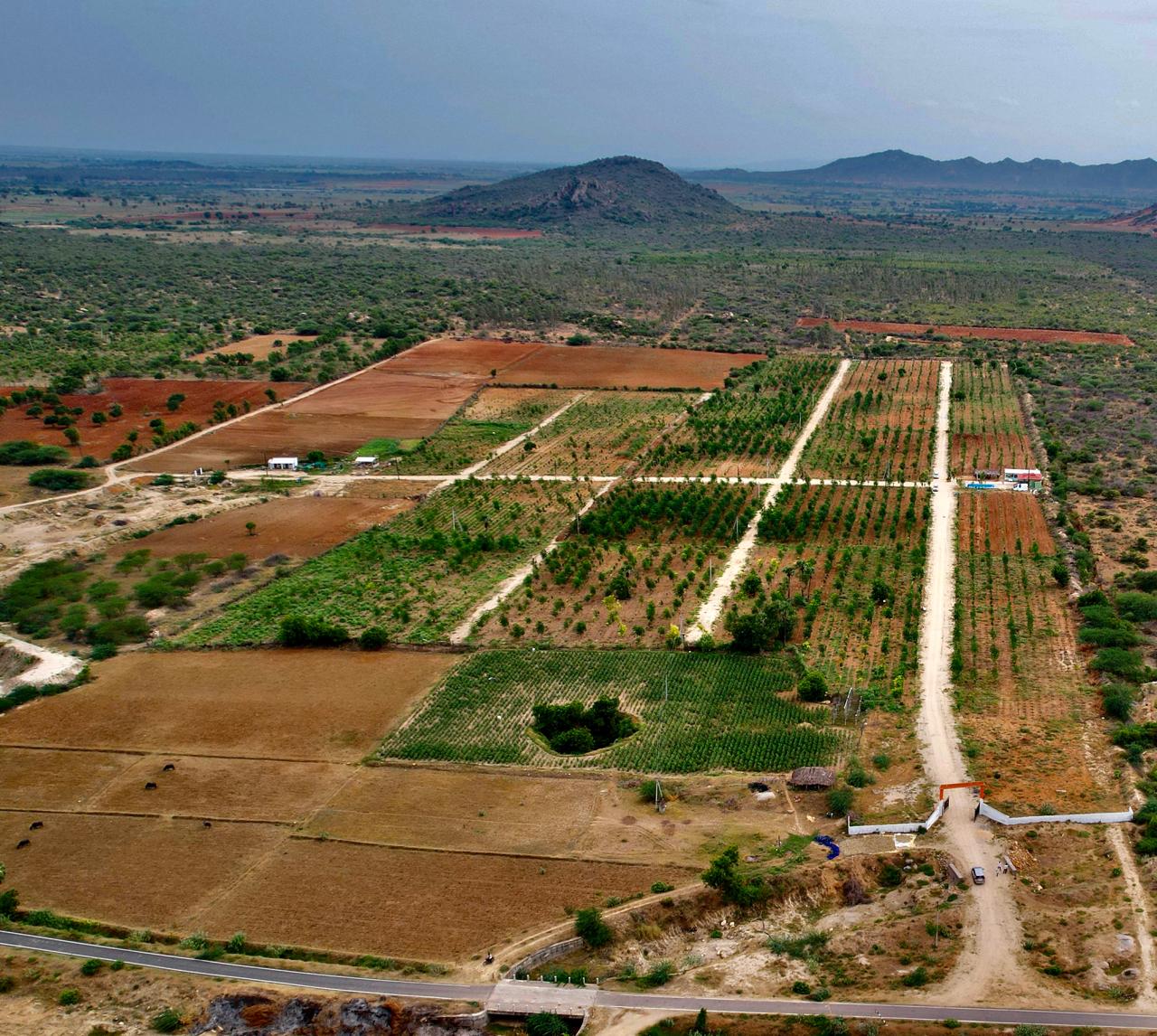Introduction
Investing in farm plots presents a unique opportunity for both seasoned investors and novices alike. With the increasing demand for sustainable living and organic produce, farm plots are gaining popularity as a viable investment option. This article explores how to invest in farmland, the advantages of investing in farm plots, and tips for making informed decisions.
Why Invest in Farmland or Farm Plots?
- Consistent Demand: As the global population grows, the demand for food and agricultural products continues to rise. Investing in farmland can provide a steady income through agricultural yields or leasing the land.
- Potential Appreciation: Farmland has historically shown resilience in value appreciation over time. As urban areas expand, agricultural land can become increasingly valuable, providing excellent ROI (Return on Investment).
- Diverse Income Streams: Investors can generate various income streams by leasing the land for farming, developing agritourism ventures, or engaging in organic farming.
- Sustainable Investment: As more people seek sustainable living options, farm plots can be developed into organic farms or eco-friendly vacation rentals, attracting conscious consumers.
- Tax Benefits: Many governments offer tax incentives for agricultural investments, which can enhance your overall return on investment.
How to Invest in Farmland
Investing in farmland might seem daunting, but following these steps can simplify the process:
- Research:
- Start by researching different regions and agricultural practices. Understanding local climate, soil quality, and crop viability is essential for making an informed decision.
- Define Your Goals:
- Determine your investment objectives. Are you looking for income generation, long-term appreciation, or personal use? Your goals will guide your investment strategy.
- Budgeting:
- Establish a clear budget that includes not just the purchase price but also post-purchase expenses such as maintenance, improvements, and taxes.
- Consult Professionals:
- Work with real estate agents who specialize in agricultural properties, agronomists, or financial advisors to ensure you’re making well-informed decisions.
- Evaluate Properties:
- Conduct thorough due diligence on potential properties. Inspect the land, its accessibility, zoning restrictions, and water rights before committing.
- Financing Options:
- Explore different financing options, including agricultural loans or partnerships, to help fund your investment.
- Plan for Management:
- Decide whether you’ll manage the farmland yourself, hire a manager, or lease the land to farmers. Each option comes with its own set of responsibilities and benefits.
Conclusion
Investing in farm plots offers numerous advantages, including sustainable returns, potential appreciation, and diversification of income streams. Whether you’re new to investing or a seasoned investor, farmland can be an excellent addition to your portfolio.
At Mandira Developers, we are committed to helping you navigate the complexities of investing in real estate, including farmland. If you’re considering an investment or need further guidance, feel free to reach out to us.
Contact Us
For more information on investment opportunities with Mandira Developers, visit our Contact Us page.
Explore Our YouTube Channel
Check out valuable resources and insights on investing in farmland by visiting our YouTube channel.

